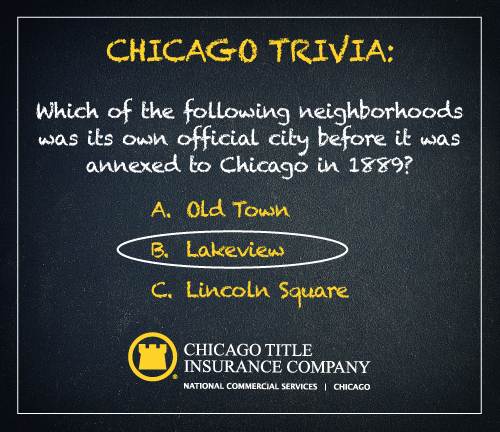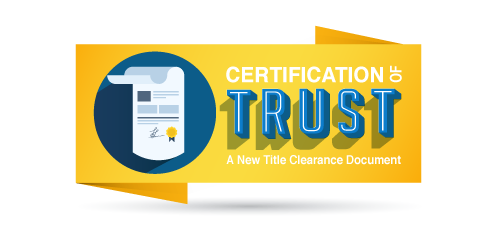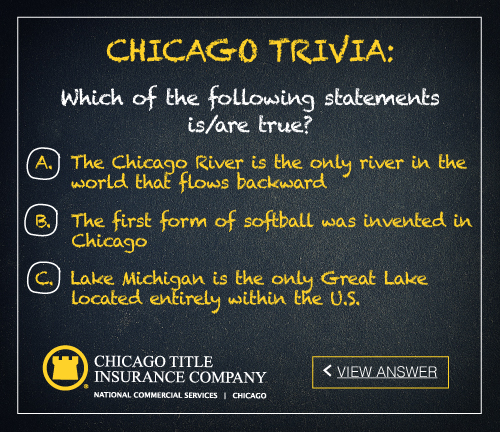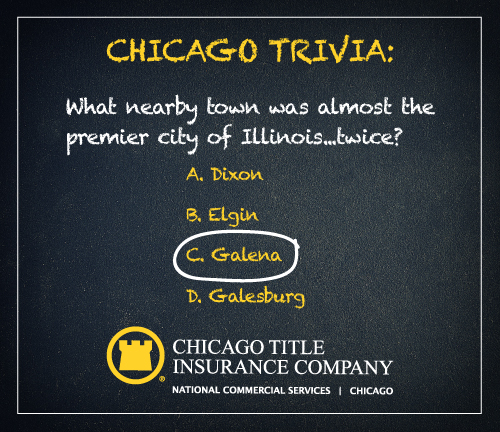An interview with Gary Zimmerman, Senior Vice President and Chief Underwriting Counsel of Fidelity National Title Group’s UCCPlus Division
A UCCPlus Insurance Policy (UCCPlus Policy) is a title insurance product that insures most personal property taken as collateral for a loan. Similar to a lender’s real estate title insurance policy that insures a mortgage or deed of trust is a first priority lien on real property, a lender’s UCCPlus Policy insures that the personal property pledged to the lender as collateral for a loan is a first priority lien. The UCCPlus Policy shifts all of the risk from the insured lender to the title company by insuring proper validity, enforceability, attachment, perfection and priority relating to the lender’s security interest or lien on the personal property. Secured lenders value this as a risk management tool that decreases their operational risk by shifting the documentation, perfection and fraud risk to the title company. Leading commercial law firms and lending institutions recognize the use of a UCCPlus Policy as a best practice.
Are there other ways that a UCCPlus Policy shifts risk?
Yes. A UCCPlus Policy shifts the risk from the insured lender to the title insurance company for loan documentation defects, fraud and forgery, search office errors and omissions, indexing inconsistencies and financing statement irregularities and defects. The attorneys and paralegals who underwrite and issue the UCCPlus Policy are highly-trained professionals with commercial transaction expertise as well as specific knowledge of Articles 8 and 9 of the Uniform Commercial Code.







